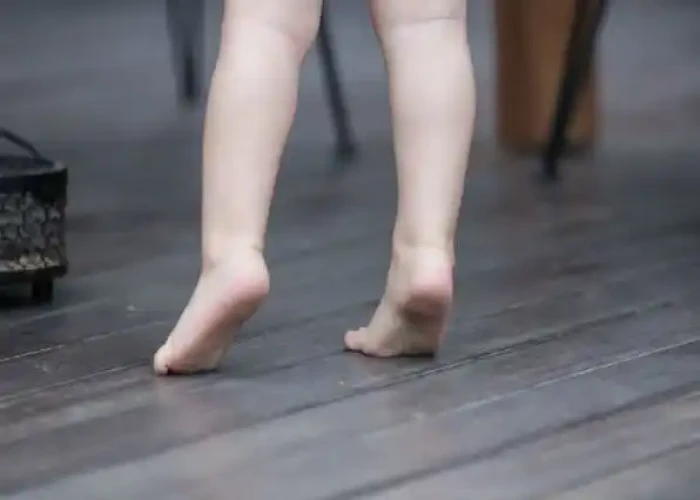 Welcome
Welcome
“May all be happy, may all be healed, may all be at peace and may no one ever suffer."
Toe walking in children
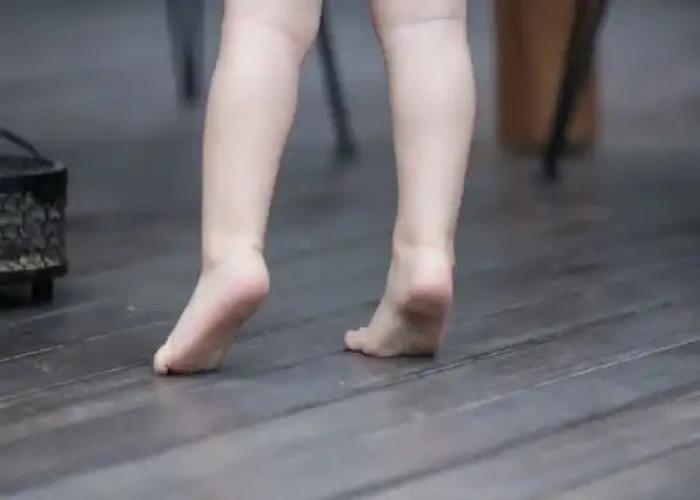
Toe walking is a common phenomenon in young children, and it is often considered normal if the child only occasionally walks on their toes. However, if toe walking persists beyond the age of 3-4 years and is frequent, it may indicate an underlying condition.
Some of the common causes of persistent toe walking in children include:
- Idiopathic toe walking: This is a condition in which a child habitually walks on their toes without an underlying medical cause. It is generally harmless and may resolve on its own, but some children may require treatment, such as physical therapy or orthotics.
- Tightness in the calf muscles: If a child's calf muscles are tight, they may find it more comfortable to walk on their toes. This can be caused by conditions such as cerebral palsy or muscular dystrophy.
- Sensory processing disorder: Children with sensory processing disorder may have difficulty processing sensory information, which can lead to toe walking.
- Autism spectrum disorder: Some children with autism spectrum disorder may engage in repetitive behaviors, such as toe walking.
- Neurological conditions: Certain neurological conditions, such as spinal cord injuries, may cause toe walking.
If a child is persistently toe walking, it is recommended to consult with a pediatrician or a pediatric orthopedist to determine the underlying cause and determine the appropriate treatment.
Research Papers
Disease Signs and Symptoms
- Walking on toes
Disease Causes
Toe walking in children
Typically, toe walking is a habit that develops when a child learns to walk. In a few cases, toe walking is caused by an underlying condition, such as:
- A short Achilles tendon. This tendon links the lower leg muscles to the back of the heel bone. If it's too short, it can prevent the heel from touching the ground.
- Cerebral palsy. Toe walking can be caused by a disorder of movement, muscle tone or posture caused by injury or abnormal development in the parts of the immature brain that control muscle function.
- Muscular dystrophy. Toe walking sometimes occurs in this genetic disease in which muscle fibers are unusually prone to damage and weaken over time. This diagnosis might be more likely if your child initially walked normally before starting to toe walk.
- Autism. Toe walking has been linked to autism spectrum disorders, which affect a child's ability to communicate and interact with others.
Disease Prevents
Disease Treatments
If your child is toe walking out of habit, treatment isn't needed. He or she is likely to outgrow the habit. Your doctor might simply monitor your child's gait during office visits.
If a physical problem is contributing to toe walking, treatment options might include:
- Physical therapy. Gentle stretching of the leg and foot muscles might improve your child's gait.
- Leg braces or splints. Sometimes these help promote a normal gait.
- Serial casting. If physical therapy or leg braces aren't helpful, your doctor might suggest trying a series of below-the-knee casts to progressively improve the ability to bring the toes toward the shin.
- OnabotulinumtoxinA. Injections into the calf muscles are sometimes used to help promote a normal gait.
- Surgery. If conservative treatments fail, the doctor might recommend surgery to lengthen the muscles or tendons at the back of the lower leg.
If the toe walking is associated with cerebral palsy, autism or other problems, treatment focuses on the underlying condition.
Preparing for your appointment
You'll probably first bring your concerns to the attention of your primary care provider — family doctor, nurse practitioner, physician assistant or pediatrician. He or she might refer you to a doctor specializing in nerve function (neurologist) or orthopedic surgery.
What you can do
Before your appointment, you might want to write a list of questions for the doctor, including:
- What could be causing toe walking in my child?
- What tests are needed, if any?
- What treatments do you recommend?
What to expect from your doctor
Your doctor is likely to ask some of the following questions:
- Does your child have other medical problems?
- Do you have a family history of muscular dystrophy or autism?
- Was your child born prematurely?
- Were there complications with the child's birth or during the hospital nursery stay?
- Did your child first walk flat-footed, then start toe walking?
- Can your child walk on his or her heels if you ask?
- Does your child avoid eye contact or exhibit repetitive behaviors such as rocking or spinning?
Disease Diagnoses
Disease Allopathic Generics
Disease Ayurvedic Generics
Disease Homeopathic Generics
Disease yoga
Toe walking in children and Learn More about Diseases
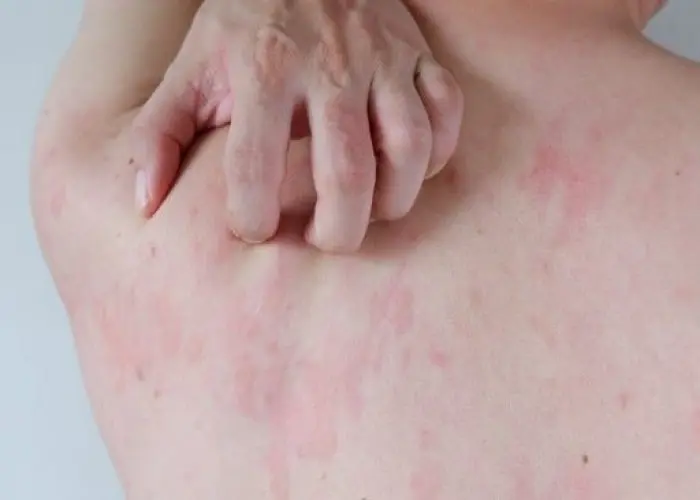
Itchy skin (pruritus)

Gastritis
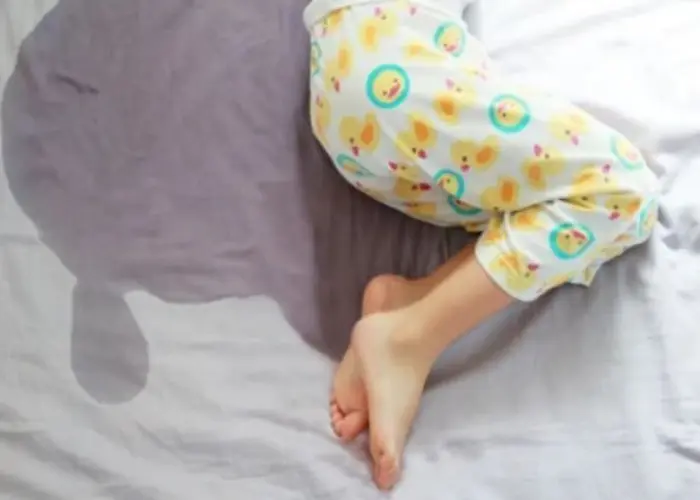
Bed-wetting

Angelman syndrome
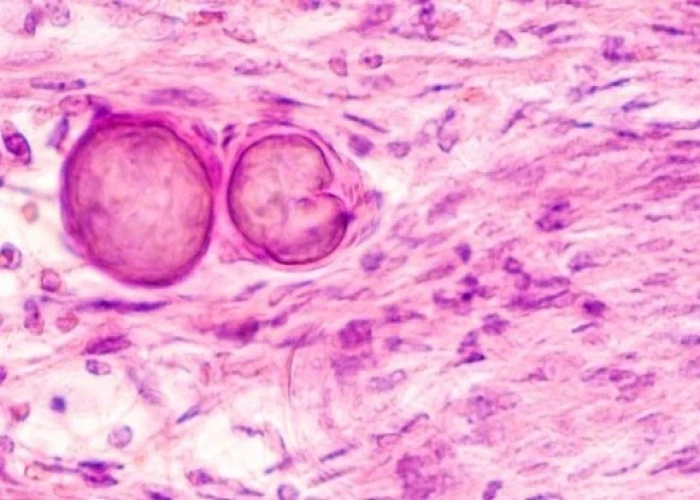
Meningioma
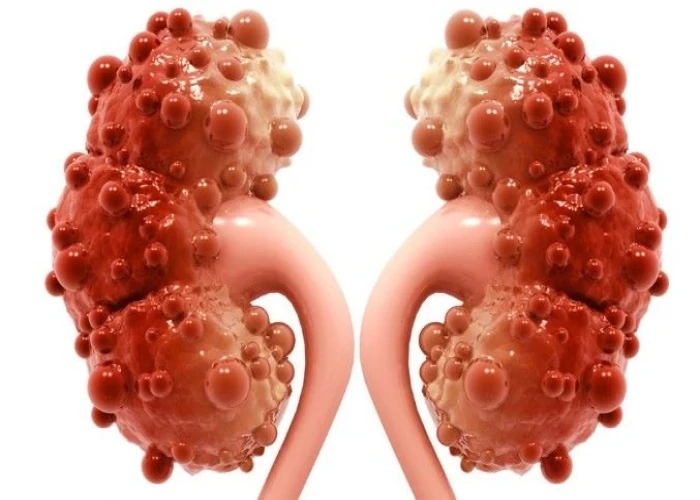
Polycystic kidney disease

Hyperglycemia in diabetes

C. difficile infection
toe walking in children, শিশুদের পায়ের আঙ্গুলে হাঁটা, চাইল্ড টো ওয়াকিং
To be happy, beautiful, healthy, wealthy, hale and long-lived stay with DM3S.
